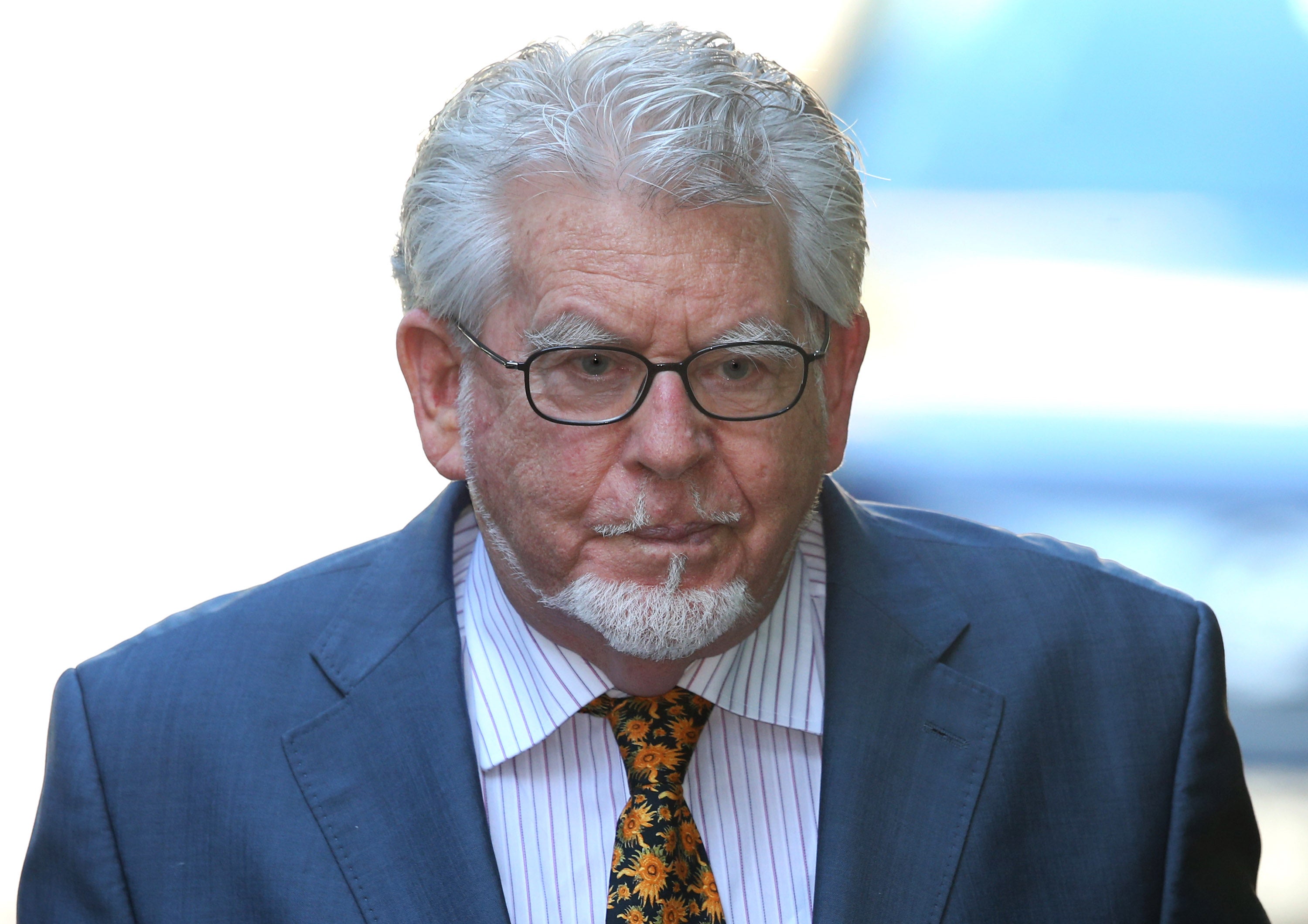Calls for anonymity for sex crimes accused 'are insulting to victims'
Campaigners say anonymity will mean further victims cannot come forward

A call from MPs for people arrested for sex offences to be given the right to remain anonymous until they are charged has been described as "insulting to victims".
A cross-party report by the Home Affairs Select Committee said suspects should only be named in a formal way by police if necessary and called for a “zero-tolerance approach” to information being leaked by officers.
However the Committee came under attack this morning from Jill Saward, who waived her right to anonymity after being raped in order to campaign for other victims.
“What this committee are suggesting is really insulting to victims and a really disappointing move,” she said.
"We know that many people who are rapists are multiple rapists," she said. "They don't do this as a one-off and part of their modus operandi is to try to make sure the victim remains silent. They try to make the victim stay silent so that when one victim comes forward often there isn't enough evidence there. You need the evidence of other people.
“To say that only when there's a strong enough case for it to go ahead can that person publicly be named is often too late.”
Police forces and prosecutors have previously said publicity around certain arrests - including those of shamed veteran presenters Stuart Hall and Rolf Harris - led to further victims coming forward.
But in its report the committee highlighted the case of broadcaster Paul Gambaccini, who was kept on police bail for 12 months before being told he would not be charged in relation to an allegation of historic sex abuse.
The former Radio 1 DJ, who now presents on both BBC Radios 2 and 4, told the committee earlier this month that he had forfeited more than £200,000 in lost earnings and legal costs during his year on bail as he had been unable to continue working due to publicity surrounding the allegation.
Reacting to today's report, Mr Gambaccini said a reform of the current bail law would make his experience worthwhile.
He said: “I hope and pray that the recommendations of the Home Affairs Committee will be implemented.
"If thousands of people do not have to endure what I experienced, my year will have been worth it. I am grateful for the attention and hard work of the committee."
One of the report's recommendations is that anyone kept on bail for longer than six months who is subsequently released without charge should be provided with a written explanation from the Crown Prosecution Service to explain its decision.
The Committee chairman Keith Vaz, who said Mr Gambaccini should receive a written apology, described the proposed reform as "long overdue".
He said: "The police only need to have reasonable suspicion that an offence has taken place to arrest someone.
“It is unacceptable that, even with little evidence, people can be kept on bail for months on end and then suddenly be told that no further action will be taken against them without providing any information as to why.”
The Committee has recommended a 28-day bail limit, with any decision to extend after that period subject to a challenge by a senior officer not involved in the investigation. It added that decisions to re-bail someone should be reviewed by the courts every three months.
Mr Vaz accused police over the “inexcusable” leaking of details of famous suspects, saying Mr Gambaccini had been “left in limbo” during his time on bail.
He said: “Suspects deserve to remain anonymous until charge.
”Police use of the 'flypaper' practice of arresting someone, leaking the details, then endlessly re-bailing them in the vague hope that other people come forward is unacceptable and must come to an immediate end.
“It is inexcusable that information about suspects is released to the media in an informal, unattributed way.
”We have seen how destructive this can be to a person's livelihood, causing irreparable reputational damage and enormous financial burden. The police must advocate zero tolerance on leaking names of suspects to the press before charge.“
Theresa May, the Home Secretary, announced in December she was consulting on a 28-day bail limit in all but exceptional cases, saying that it ”cannot be right that people can spend months or even years on pre-charge bail with no oversight“.
But the report's findings have been criticised by those concerned about the impacts on victims.
Last year Sir Keir Starmer, the former director of public prosecutions who advised on the decision to charge Mr Harris in August 2013, said the publicity of his arrest had been vital in encouraging victims to come forward.
He said: ”It's very difficult for victims of sexual abuse to come forward in ordinary circumstances. It's particularly difficult where there is a celebrity involved because very often victims feel they simply are not going to be believed against someone such as Rolf Harris.
“It was exactly the same with Jimmy Savile - very few victims did come forward in that case. They felt they couldn't take Jimmy Savile on, they wouldn't be believed. That's a critical part of this whole case.”
Under anonymity rules in place at the time of Ms Saward’s case in 1986 – which became known as the Ealing Vicarage rape– Ms Saward herself was not allowed to know the name of her rapist until the day of the court hearing.
She said that the shock of learning the name in the courthouse distracted her from concentrating on the evidence she had to give.
Subscribe to Independent Premium to bookmark this article
Want to bookmark your favourite articles and stories to read or reference later? Start your Independent Premium subscription today.
